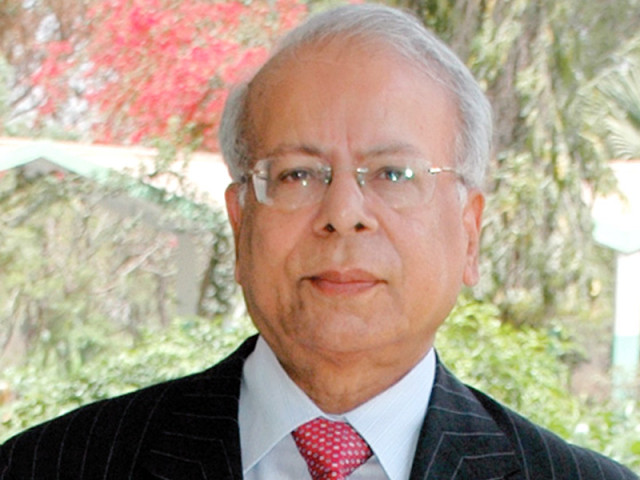Education for all: Legislations useless if not enforced properly, agree all panellists
Better management of the education system stressed upon.

On Tuesday, Idara Taleem-o-Agahi gathered representatives of political parties, youth and members of civil society at a consultation for the implementation Article 25-A, which states that free and compulsory education to all the children between five and six years is the state’s responsibility.
The dean and director of Institute of Business Administration, Dr Ishrat Husain, drew the attention of political representatives towards the fact that lack of resources was actually not what prevented Article 25-A from being implemented. “Strengthening the education system is related to good governance and management which unfortunately we fail to see in Pakistan,” he said. While replying to this comment, Sharmila Farooqi of the Pakistan Peoples Party defended the present government’s achievements and said that the education budget had been increased by 164 per cent in the current fiscal year from 2007-2008, when her party first came to power. “Merely 42.4 billion were allocated for education in 2007-2008 but now it was increased to Rs111.9 billion.” However, Farooqi accepted that there were several hurdles in the implementation of the act. “Let’s not live in utopia and la-la land,” she said. “The implementation will take time.”
She said that 1,204 schools in rural Sindh were destroyed by floods and the government was trying to rehabilitate them. “This year we have doubled this amount to Rs5 billion from Rs2.5 billion last year.” Farooqi added that the Sindh government had increased funds by 33 per cent in the new budget for providing free textbooks to children.
Pakistan Tehreek-e-Insaf’s Arif Alvi pointed out that the government was putting both effort and money into the education system but could not reap positive results because of bad governance. “Approving an amendment on paper does not mean much when you fail to apply it practically,” he said. “Public schools need to be strengthened and there should be a uniform curriculum across the country.”
Jamaat-e-Islami chief Muhamamd Hussain Mahenti agreed with Alvi. “Education system can’t be improved without good governance.”
Khwaja Izharul Hasan of the Muttahida Qaumi Movement said that even 18 per cent of the 18th Amendment had not been delivered yet. He too laid emphasis on improving governance and said that the public must share the responsibility since they were the ones who re-elected this government. Youth parliamentarians Jamal Jamai and Muhamamd Haseeb Ahssan explained some reasons which hampered the Right to Education Act. “There is a dire need to create awareness in the very people whose children this provision caters to,” said Jamai.
Published in The Express Tribune, July 18th, 2012.



















COMMENTS
Comments are moderated and generally will be posted if they are on-topic and not abusive.
For more information, please see our Comments FAQ